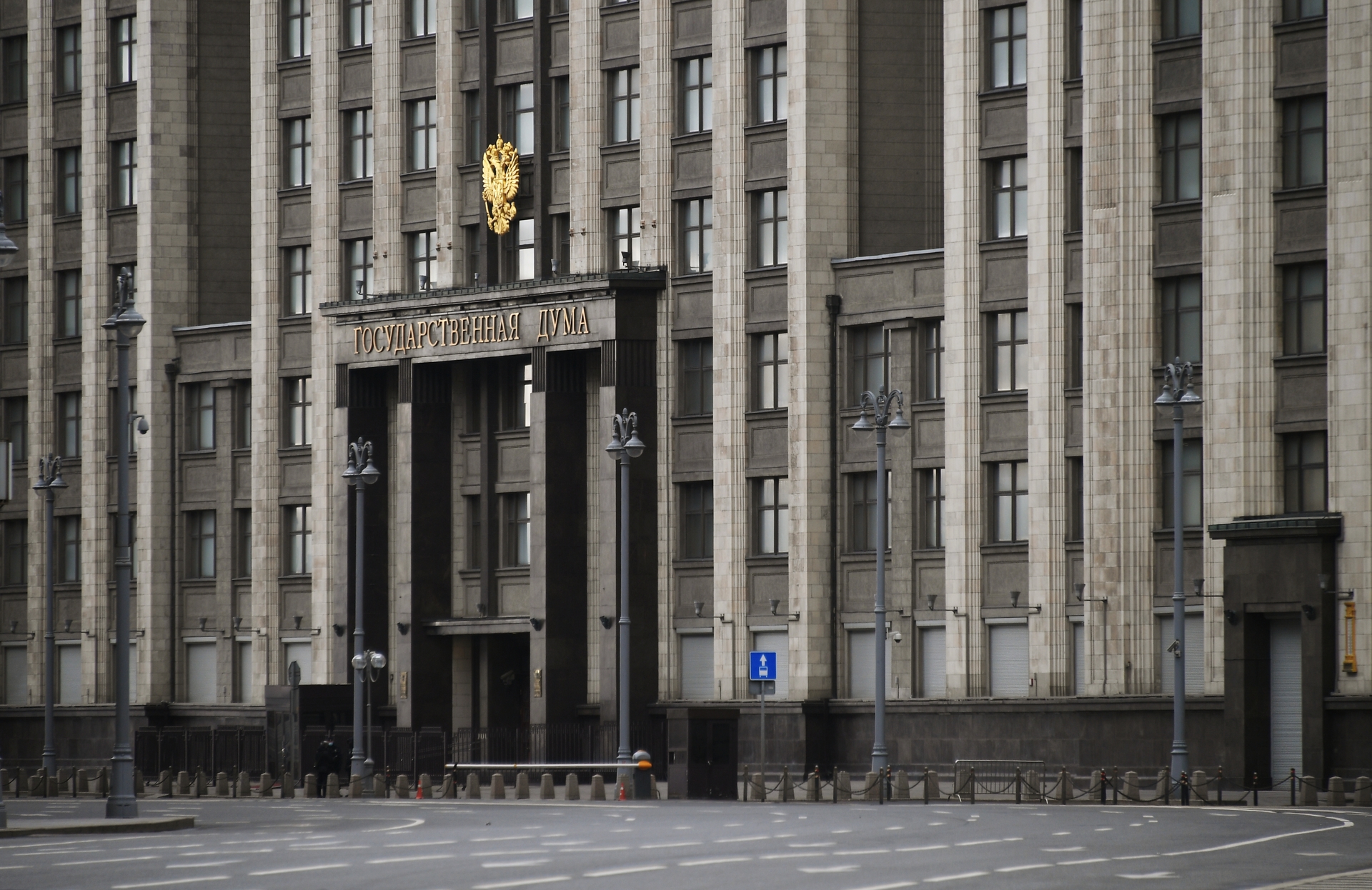The State Duma adopted in the third reading a law giving regions and municipalities the right to create sobering-up centers.
As explained in the press service of the lower chamber, the document secures the powers of the regions to provide assistance to persons in public places in a state of intoxication and who have lost the ability to independently move or navigate in the environment.
“One of the measures will be the organization of specialized institutions to help the drunk.
The rules of their activities will have to be approved by the government, ”the State Duma said.
The law does not prohibit organizing sobering-up centers on the basis of partnership with private organizations.
Before sending a citizen to a sobering-up center, he must be examined by a medical worker, who will rule out the presence of a disease that requires hospitalization.
The State Duma noted that the creation of sobering-up centers will be in the powers of the regions, but the rules for the operation of such organizations, as well as the types of assistance provided, will be approved at the federal level by a joint regulatory act of the Ministry of Health, the Ministry of Labor and the Ministry of Internal Affairs.
In the first reading, this bill was adopted by the State Duma in November 2019.
As stated in the explanatory note, due to alcohol intoxication in the country, more than 50 thousand citizens die every year, mostly of working age, including 8-10 thousand people - from hypothermia in the streets.
Co-author of the initiative, Chairman of the Committee on Information Policy, Information Technology and Communications Alexander Khinshtein explained that at the moment there are already medical sobering-up centers in a number of Russian regions, but the process of organizing them at the initiative of regional and municipal authorities is outside the scope of legislation.
“The amendments are intended to correct this mistake,” he said.
Khinshtein recalled that after the abolition of the sobering-up centers that were part of the system of internal affairs bodies, nothing was created to replace it.
"And assurances that such institutions will appear on the basis of the health care system, unfortunately, remained only in words," TASS quoted him as saying.
RIA News
© Maxim Blinov
The chairman of the State Duma committee on federal structure and local self-government issues Alexey Didenko, in a conversation with RT, commented on the adoption of the law on the restoration of the sobering-up station system.
“In 2010, our system of, let's say, police sobering-up centers was completely abolished, and since 2010, in fact, nothing alternative has been proposed in its place.
Therefore, some were delivered to hospitals (those who were in a severe degree of intoxication or who needed intervention), and some (those who behaved aggressively) were also placed in special institutions under the internal affairs bodies, ”the deputy noted.
At the same time, the assistance that was provided in medical institutions was not compensated for by the compulsory health insurance fund, Didenko recalled.
He added that the experience of organizing sobering-up centers was in the regions of Russia "and without federal laws."
“Some subjects were doing this work.
Somewhere these were budgetary institutions, somewhere commercial, here there are different options.
Therefore, we looked at all these practices, somewhere in 20 regions, and decided to amend the federal law so that other subjects have the opportunity to use this experience, ”he said.
The President of the Independent Narcological Guild, an expert of the Public Chamber, a narcologist Ruslan Isaev called the adopted law "a big step forward."
According to him, the problem of finding people on the street in a state of alcoholic intoxication becomes especially relevant in winter.
The expert emphasized that the return of the sobering-up centers will help reduce the burden on medical personnel involved in treating other patients.
“They used to be taken to ordinary hospitals, where they did not allow people with other diseases to be properly treated, and interfered with medical workers.
Now, during the period of COVID-19, this is especially important because the load on hospitals is increasing, "the specialist added in an interview with RT.
At the same time, Isaev drew attention to the fact that at the stage of launching such a system, a number of difficulties may arise associated with the organizational form of these institutions.
In June, a member of the Public Chamber of Russia and the head of the Sober Russia project, Sultan Khamzayev, proposed creating isolated special sobering-up units on the basis of medical institutions for persons detained on suspicion of committing administrative or criminal offenses (except for serious ones) while intoxicated.
In an address addressed to Prime Minister Mikhail Mishustin, he noted that, according to statistics from law enforcement agencies, in recent years about a third of all crimes are committed while intoxicated, and in 2019 drunk drivers were responsible for 15 thousand road accidents, in which 4 thousand died . man.

